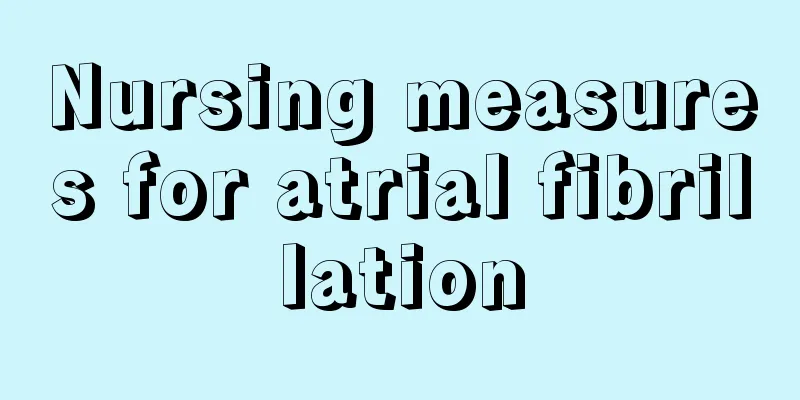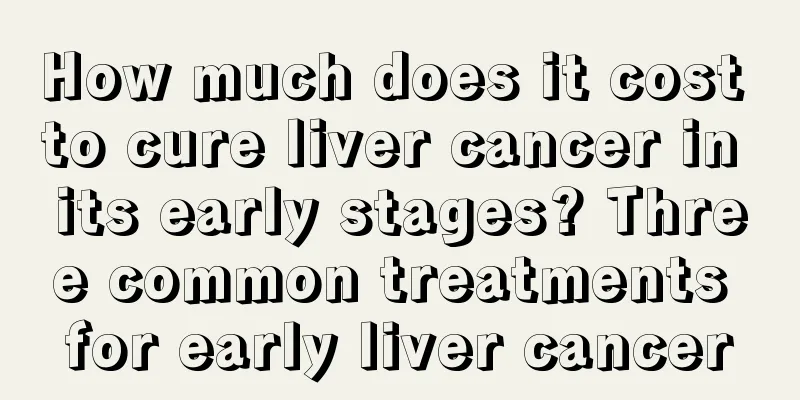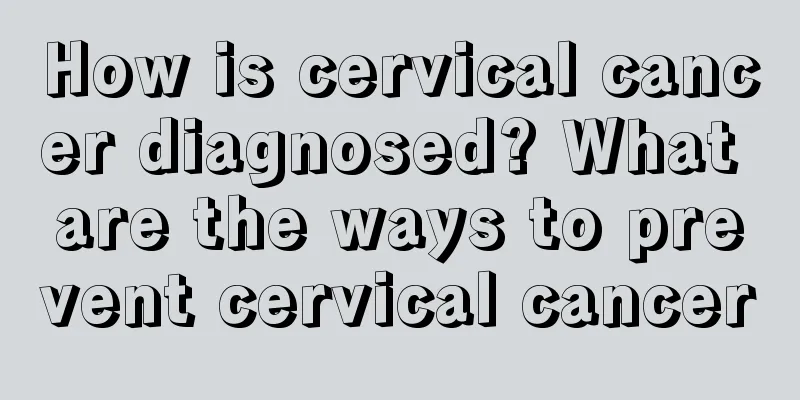Nursing measures for atrial fibrillation

|
Atrial fibrillation mainly refers to a type of atrial fibrillation caused by abnormal heart rhythm. Therefore, when the patient shows symptoms of atrial fibrillation, he or she often feels palpitations, chest tightness, and difficulty breathing. Severe atrial fibrillation requires surgery to treat, and after atrial fibrillation surgery, the patient's family should also pay attention to caring for the patient, which can help the recovery of atrial fibrillation. Therefore, the patient's family must understand the relevant care measures for atrial fibrillation. Atrial fibrillation care is an integral part of the rehabilitation process and requires careful treatment and attention to certain matters to help patients recover. ⑴ Actively treat the primary disease. The nursing routine for patients with atrial fibrillation is to regularly observe heart rate and blood pressure, and observe changes in heart rhythm. If the heart rate suddenly becomes too fast, too slow, or irregular, or there are obvious palpitations, shortness of breath, discomfort in the precordial area, or a drop in blood pressure, etc., they should be discovered in time and go to the hospital immediately for treatment. Electrocardiograms should be checked regularly during medication and adverse reactions should be closely monitored. If you feel unwell, such as obvious dizziness, slurred speech, chest tightness, inability to lie flat, etc., you should be alert to the possibility of blood clot detachment causing embolism and heart failure, and go to the hospital for examination as soon as possible for early treatment. ⑵ Patients with atrial fibrillation should stay in bed and rest during the acute attack period. If the attack is mild, you can engage in appropriate activities or rest according to the condition of the primary heart disease and your physical condition. ⑶Pay attention to dietary regulation. Eat more foods rich in protein and vitamins, such as lean meat, fish, shrimp, eggs, milk, etc.; eat more fresh vegetables and fruits, such as cabbage, greens, tomatoes, citrus, apples, bananas, lemons, etc.; do not smoke, drink less alcohol, drink less strong tea and coffee, etc.; avoid spicy and irritating foods, such as onions, ginger, curry, peppers, etc.; if the patient has poor heart function and obvious edema, the sodium salt intake should be limited, and the daily intake should be less than 5g. ⑷ Patients with atrial fibrillation are often depressed, irritable, and low in mood. Nursing should focus on eliminating patients' mental worries and fears, keeping their mood calm, and enhancing their confidence in treating the disease. Avoid excessive emotions and long-term negative emotions. |
<<: The difference between crabapple and hawthorn
>>: Catheter ablation for atrial fibrillation
Recommend
Psychological analysis of speaking without considering the person
Everyone knows that when communicating with other...
Are mushrooms a good food for preventing liver cancer? Detailed description of the efficacy and role of mushrooms in preventing liver cancer
Mushrooms are not only delicious, but also have m...
What are the disadvantages of tourmaline steam room?
With the improvement of people's living stand...
Advantages and disadvantages of surgical treatment of thyroid cancer
Thyroid cancer is a malignant tumor. The prognosi...
What are the dangers of drinking water or making tea from a sterling silver cup
As we all know, the human body needs to replenish...
What are the causes of liver cancer
Liver cancer is a highly hidden malignant tumor. ...
Can I still get pregnant if I have bone cancer
Bone cancer is a common malignant tumor disease t...
Cervicogenic heart disease, do you have symptoms of palpitations?
In clinical practice, we can see many patients su...
What are the symptoms of stage III nasopharyngeal carcinoma
The symptoms of stage III nasopharyngeal carcinom...
What to do if the towel is sticky, 3 simple tips
Towels are indispensable in people's lives, b...
Is yellowing hair a disease?
There are many reasons for yellow hair. If you su...
How to remove scale from the floor
When we walk into the house, we all hope that our...
What are the rehabilitation trainings for patients with cerebral hemorrhage?
Cerebral hemorrhage is a common physical disease ...
Can cervical hypertrophy be cured?
In today's society, sexual life between men a...
Will cutting eyelashes make them longer?
Eyelashes are a barrier to protect the eyes, so e...









